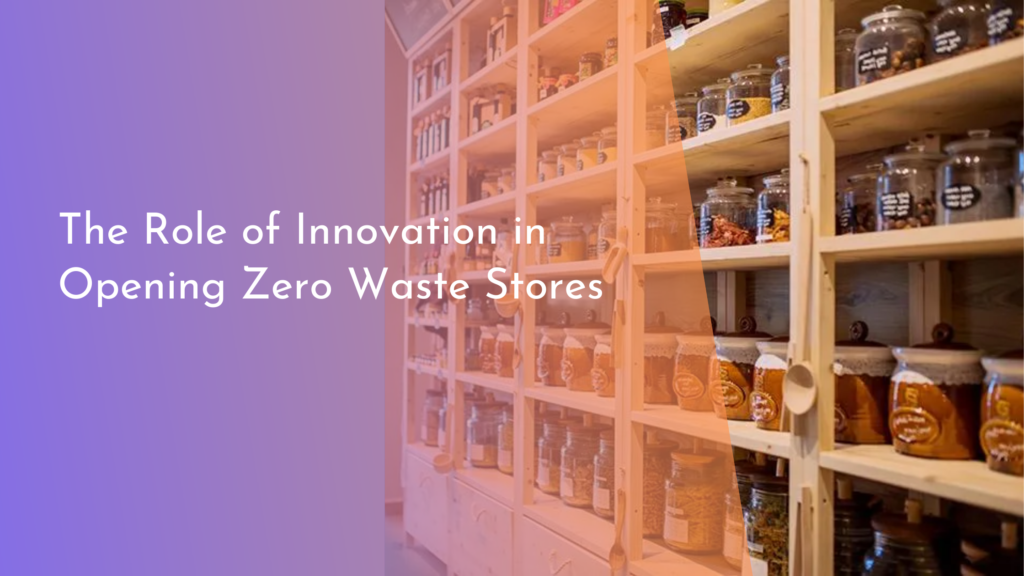The role of beeswax in biodegradable materials
In a world increasingly focused on sustainability and eco-friendliness, the quest for biodegradable materials has led to the rediscovery of natural substances that can enhance our planet’s health. Among these treasures, beeswax stands out as nature’s eco-friendly wonder, boasting a plethora of benefits that not only enhance the qualities of biodegradable products but also contribute to a more sustainable future. This article delves into the multifaceted role of beeswax in biodegradable materials, exploring its properties, sustainability benefits, and creative applications in eco-friendly projects.
Discovering Beeswax: Nature’s Eco-Friendly Wonder
Beeswax, a natural wax produced by honeybees, has been used for centuries in various applications ranging from candle-making to food preservation. It is a remarkable substance not only due to its unique composition but also because it is renewable and biodegradable. The production of beeswax involves minimal environmental impact, making it a sustainable choice compared to synthetic alternatives. As consumers become more conscious of their environmental footprint, beeswax is gaining popularity as a natural, eco-friendly solution.
The chemical structure of beeswax includes long-chain fatty acids and alcohols, which impart impressive properties such as water resistance, durability, and flexibility. When incorporated into biodegradable materials, beeswax can enhance their performance and longevity while maintaining an eco-friendly profile. These qualities make beeswax an ideal additive in various biodegradable products, allowing us to embrace sustainability without compromising functionality.
How Beeswax Enhances Biodegradable Material Properties
Beeswax enhances the properties of biodegradable materials in several notable ways. First and foremost, its water-resistant nature helps protect products from moisture, thus preventing degradation and extending their shelf life. This characteristic is particularly valuable in packaging applications, where maintaining the integrity of food items is crucial. By providing a barrier against moisture, beeswax helps keep biodegradable materials functional and effective for longer periods.
Moreover, beeswax contributes to the flexibility and malleability of biodegradable materials. This adaptability allows manufacturers to create a wide range of products, from wraps and bags to coatings and containers, that are not only functional but also aesthetically pleasing. As a result, incorporating beeswax into biodegradable materials can lead to innovative solutions that meet the needs of eco-conscious consumers while ensuring that these products are practical for everyday use.
The Sustainability Benefits of Incorporating Beeswax
Integrating beeswax into biodegradable materials offers numerous sustainability benefits that resonate with environmentally conscious consumers. One of the most significant advantages is that beeswax is a natural, renewable resource. Unlike petroleum-based materials, beeswax can be harvested without harming bee populations, and its production supports local beekeepers and ecosystems. By choosing products that incorporate beeswax, consumers can contribute to the preservation of bee habitats while promoting sustainable agricultural practices.
Additionally, the biodegradability of beeswax ensures that products made from it will not contribute to the growing problem of plastic waste. When disposed of, beeswax breaks down naturally and does not leave toxic residues in the environment, making it a safer choice for both consumers and the planet. By opting for biodegradable materials enhanced with beeswax, individuals can play a pivotal role in reducing landfill waste and fostering a healthier ecosystem.
Fun Ways to Use Beeswax in Your Eco-Friendly Projects
Beeswax is not only beneficial for the environment but also versatile and fun to use in various eco-friendly projects. One popular application is creating reusable beeswax wraps, which serve as an alternative to plastic wrap for food storage. Simply melt beeswax with cloth, allowing it to soak in the wax, and voilà! You have a sustainable way to keep your food fresh while reducing plastic use. These wraps can be easily washed and reused multiple times, making them a perfect eco-friendly addition to any kitchen.
Another creative use for beeswax is in DIY candles. Making your own beeswax candles is a delightful project that not only fills your home with a warm, natural aroma but also ensures that you are using a product free from harmful chemicals. By combining beeswax with essential oils and cotton or wood wicks, you can create beautiful, eco-friendly candles that enhance your living space while promoting sustainability. The options are endless, and the satisfaction of crafting something useful from beeswax is truly rewarding!
Incorporating beeswax into biodegradable materials is a fantastic way to harness nature’s eco-friendly wonders while promoting sustainability in our everyday lives. From its unique properties that enhance product performance to the ecological benefits of supporting bee populations, beeswax stands as a shining example of how natural materials can play a pivotal role in creating a more sustainable future. By exploring fun and innovative uses for beeswax, we can collectively contribute to a healthier planet, one eco-friendly project at a time. So, let’s embrace the magic of beeswax and make a positive impact together!

